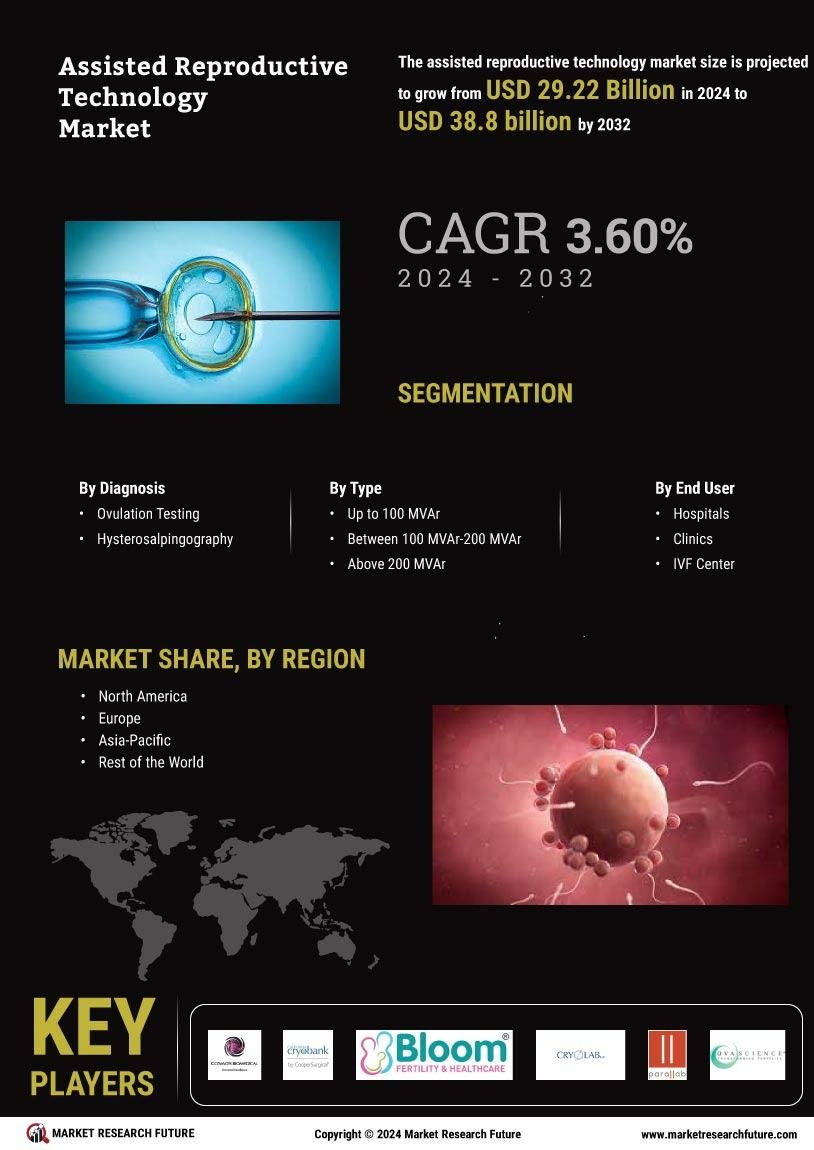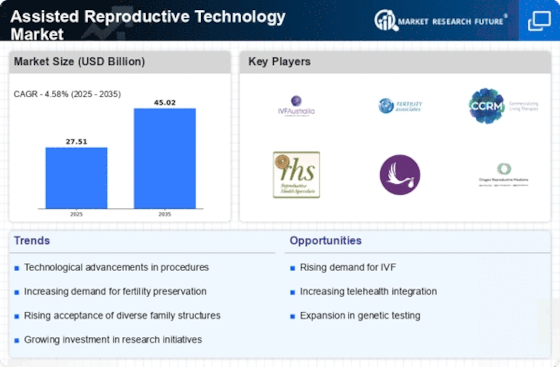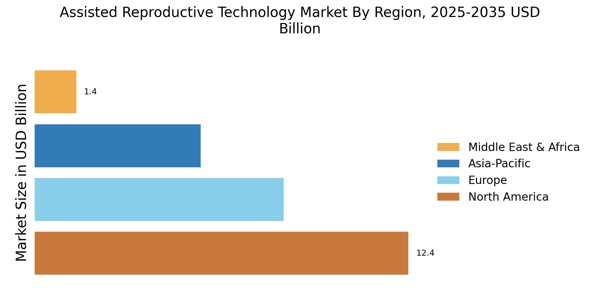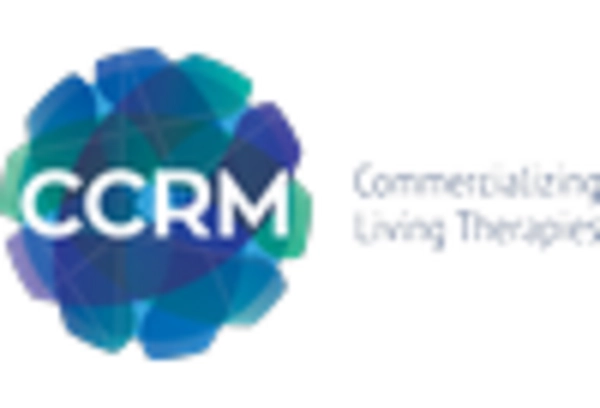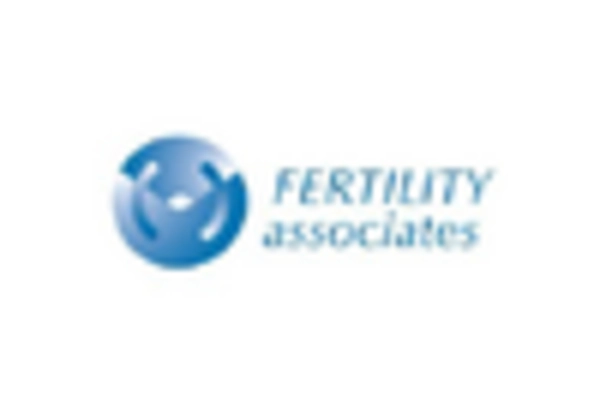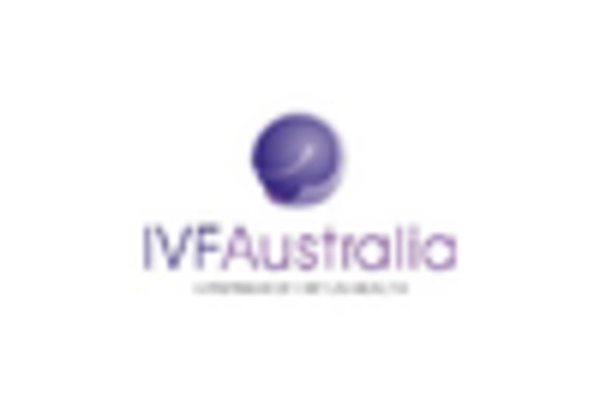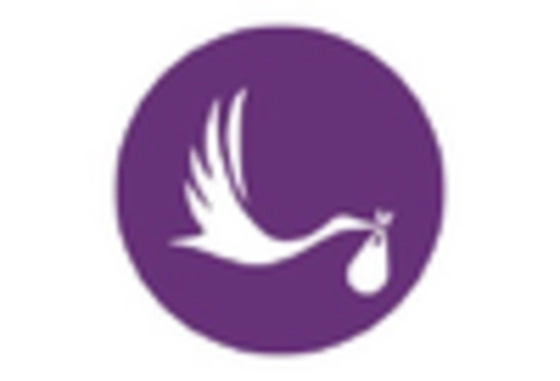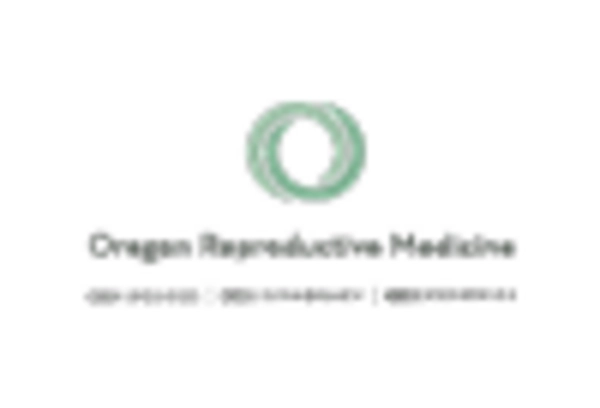Research Methodology on Assisted Reproductive Technology Market
Introduction
This research proposes to study the global assisted reproductive technology (ART) market. The objective of this research is to provide a comprehensive analysis of the market size, share, and dynamics of the industry. Secondary as well as primary research methods and techniques are applied to determine the exact size and growth trends. The global assisted reproductive technology market is segmented based on types, applications and services.
Research Objectives
The general objective of this research is to analyze the size, structure and growth of the global assisted reproductive technology market. The research focuses on the following objectives:
- To analyze the market size and share in terms of revenue
- To identify the key trends and drivers that impact the industry
- To analyze the segment projections and understand market dynamics
- To identify and analyze the major factors affecting the growth of the industry
Research Approach
The global assisted reproductive technology market is studied using both primary and secondary research methodologies. The study uses a combined approach of both quantitative and qualitative data analysis. Top-down and bottom-up approaches are used for the estimation and projection of the market size. Data such as market size, product types, applications, services and market segmentations have been collected from secondary sources such as industry reports, whitepapers and commercial databases, and primary sources such as interviews, surveys and in-depth analysis from industry experts.
Secondary Data
To understand the global assisted reproductive technology market, the report uses extensive secondary research. The report uses data such as market size, industry outlook and trends, applications, service providers, regulations and government incentives. The report also uses internal and external proprietary databases. The sources used to collect data include industry magazines, Internet searches, databases and financial statements.
Primary Data
For a deeper and more accurate understanding of the trends and dynamics, the report also employs primary research by interviewing industry professionals and stakeholders. Primary research includes interviews with industry experts and professionals. Experts from various industries and different countries are contacted to get their opinion on the global assisted reproductive technology market. Primary research includes surveys, email interactions and direct interviews with experts. The primary research provides a better understanding of the market trends, dynamics and any other insights that require in-depth analysis.
Data Analysis and Projection
All the data collected from both primary and secondary sources is analysed to provide an accurate overall picture of the market. The data is then used to project the market size and segmentation. Both top-down and bottom-up approaches are used to estimate the market size and metrics. Furthermore, the projection is also identified using regression analysis, ARIMA and ARMA models.
